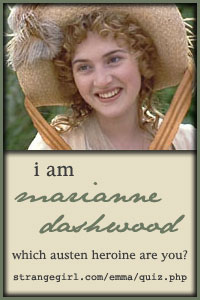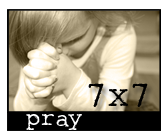The heart of a mother is not passive and weak, but fierce for the love and well-being of her family. I wanted to share, what I had never read before today, the very first Mother's Day Proclamation.
Mother's Day Proclamation
by Julia Ward Howe 1870
The First Mother's Day proclaimed in 1870 by Julia Ward Howe
was a passionate demand for disarmament and peace.
Arise, then, women of this day! Arise, all women who have hearts, whether your baptism be that of water or tears!
Say firmly: "We will not have great questions decided by irrelevant agencies. Our husbands shall not come to us, reeking with carnage, for caresses and applause. Our sons shall not be taken from us to unlearn all that we have taught them of charity, mercy and patience. We women of one country will be too tender of those of another to allow our sons to be trained to injure theirs."
From the bosom of the devastated earth, a voice goes up with our own. It says, "Disarm, Disarm!"
The sword of murder is not the balance of justice. Blood not wipe out dishonor, nor violence indicate possession. As men have often forsaken the plow and the anvil at the summons of war, let women now leave all that may be left of home for a great and earnest day of counsel. Let them meet first, as women, to bewail & commemorate the dead. Let them solemnly take counsel with each other as to the means whereby the great human family can live in peace, each bearing after his own time the sacred impress, not of Caesars but of God.
In the name of womanhood and of humanity, I earnestly ask that a general congress of women without limit of nationality may be appointed and held at some place deemed most convenient and at the earliest period consistent with its objects, to promote the alliance of the different nationalities, the amicable settlement of international questions, the great and general interests of peace.
Biography of Julia Ward Howe
US feminist, reformer, and writer Julia Ward Howe was born May 27, 1819 in New York City. She married Samuel Gridley Howe of Boston, a physician and social reformer. After the Civil War, she campaigned for women rights, anti-slavery, equality, and for world peace. She published several volumes of poetry, travel books, and a play. She became the first woman to be elected to the American Academy of Arts and Letters in 1908. She was an ardent antislavery activist who wrote the Battle Hymn of the Republic in 1862, sung to the tune of John Brown's Body. She wrote a biography in 1883 of Margaret Fuller, who was a prominent literary figure and a member of Ralph Waldo Emerson's Transcendentalists. She died in 1910.


































1 Things Others Said:
Very interesting - I had never seen that either.
I may not agree with all of it, but the sentiments is in my heart as well.
:)
Post a Comment